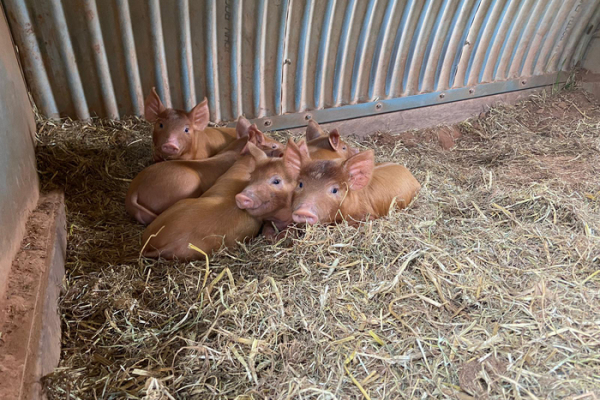Putting numbers on how well looked after the animals that end up on our plate are...
Interviews with Scientists
Interviews about medicine, science, technology and engineering with scientists and researchers internationally...
Michael Watts on how to search for arsenic in contaminated land, and the impact on people's health
This week, Bob and Chelsea tell us about seed that sow themselves and the future of domestic robots!
We spoke to Dr Trevor Emmett, lecturer in Forensic Science at Anglia Ruskin University about what forensics is, an dhow...
Serena Marks tells us how you might not lose the goodness of apples when making cider, and in fact that cider might be...
This week Bob and Chelsea discuss how lifestyle affects obisity.
Mark Peplow talks about the latest Chemistry news
Prof. Nicky Clayton on her studies with corvids - a group of birds who plan, scheme, steal and even make tools.
This week, Chelsea finds out what rock music sounds like on other planets, and Bob uses lasers to simulate the...
Meerkats are amongst the most cooperative animals in the world, but how is their society structured? Tim Clutton-Brock...
Terry Hurford tells us about a geyser on one of Saturns moons so powerful it puts water into one of Saturn's rings.
This week, Chelsea and Bob look at diseases of the brain. Chelsea sniffs out a new way of screening for Alzheimers...
Dr Carolin Crawford tell us about how galaxies form, the early days of the universe and the heart of the Milky Way
Maggie Turnbull tells us about her shortlist of potentially habitable planets - prime targets for the Search for Extra...
Jonathan Shanklin was part of the team from the British Antarctic Survey who first discovered the hole in the ozone...
George Cotsarelis, of the University of Pennsylvania speaks to Chris about how he identified the genetic pathways...
This week Chelsea and Bob look at water in our atmosphere. Chelsea looks at why some places get too little, while Bob...
The eruption of the Laki fission in Iceland in 1783 led to sulphurous smog falling over Europe. It has been described...
Azi Khatiri spoke to Rod Jones about how water molecules pair up into a dimer - and that this can be an even worse...
Scott Manalis tells us about the technique he has developed for weighing tiny objects underwater, such as single cells...
This week, Bob and Chelsea look at how we react to bacteria. Bob looks into how bacteria could protect us from Asthma...
Dr Tim Wreghitt explains how noroviruses spread themselves through projectile vomit and use cruise ships as the perfect...
